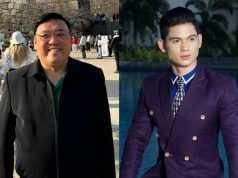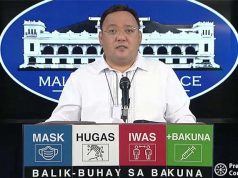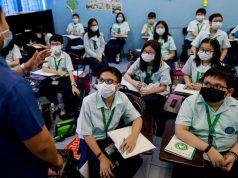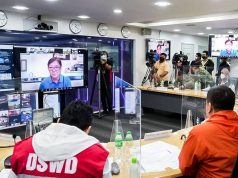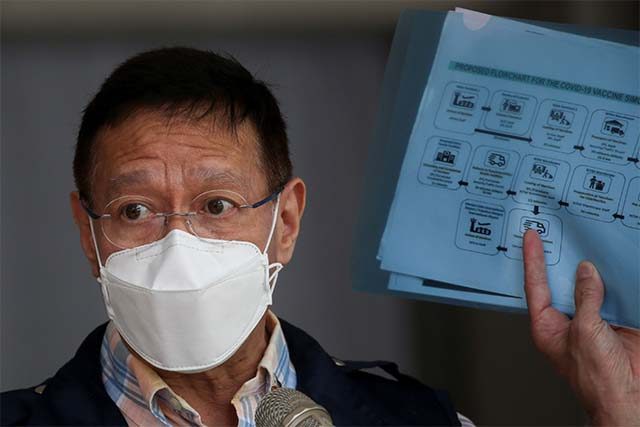
Health Secretary Francisco Duque III found the recent low COVID-19 resilience ranking of the Philippines in a study by Bloomberg unfair.
In a report released on June 28, Bloomberg reported that the country is in 52nd place out of 53 countries in terms of coronavirus pandemic resilience with a resilience score of 45.3.
The 53rd country is Argentine with a score of 37.

This ranking showed the reopening progress of each country based on the following:
- People vaccinated by vaccines
- Lockdown severity
- Flight capacity
- Vaccinated travel routes
The top five highest scorers, meanwhile, are the United States, New Zealand, Switzerland, Israel and France.

‘Hindi naman tama’
Duque, however, was not pleased with it. He expressed his disapproval in an interview with ANC on July 1.
“I’m really pi**ed with this. Hindi naman tama,” he said.
For the health secretary, the criteria or parameters used for the list are unfair to the Philippines’ situation, citing the country’s low vaccination rate.
“If you look at the parameters that you just enumerated, these are so skewed to the high vaccination rate. I’d be the first one to admit that we don’t have enough vaccines to give a population protection rate of at least 50% for fully immunized vaccines,” he said.
Rich countries were the ones that managed to secure a supply of COVID-19 vaccines, Duque further claimed.
The Philippines, meanwhile, continued to struggle with its national COVID-19 vaccination program, particularly in the Greater Manila Area.
“It is very unfair and it is only showing those countries that have already been vaccinated and reached a vaccination protection of over 50%,” Duque said.
In the latest data released by the Department of Health, only two million Filipinos have been fully vaccinated or have received the complete two-dose requirement for the available vaccines to fully take effect.
This is far from the government’s target of inoculating 70 million people by the end of the year. It was vaccine czar Carlito Galvez Jr. who announced this goal in an interview with CNN Philippines last March.
Some Filipinos once again criticized Duque over his remarks on the country’s COVID-19 resilience ranking, saying they are also displeased with his leadership.
“You’re pi**ed? What more the SME’s, frontliners and the citizens?” one user said.
“Tanggapin mo na lang na nagkulang po kayo and you always making an illusion na nag-iimprove na tayo in terms of beating the pandemic,” another user wrote.
“Unethical yung study? Ikaw yun. Hindi yung study. Skewed toward countries with high vaccination rates? HELLO! YUN ANG MAIN METRIC! Spin doctor. Stir doctor,” another user said.
What the Palace said
In a briefing on June 30, when asked to comment about the Bloomberg report, presidential spokesperson Harry Roque cited that the country’s economic team is bullish that economy is slowly recovering.
“Well, hindi po natin maikakaila na talagang malaki po iyong naging epekto ng pandemya sa ating ekonomiya ‘no. Pero ang ating economic team ay kampante na tayo po ay unti-unti nang bumabangon at tuluyang makakabangon ‘no,” Roque said.
He then later stated that the government’s focus is on the “total health” of the people.
“Uulitin lang po natin, ang ating choice po ngayon ay hindi between health and the economy, it is about total health. Ang ating mga polisiya ngayon po ay talagang ini-ensure na hindi lang po mapapababa ang numero ng COVID kung hindi maiiwasan din po ang pagkagutom sa hanay ng ating mga kababayan,” Roque said.





